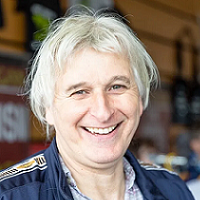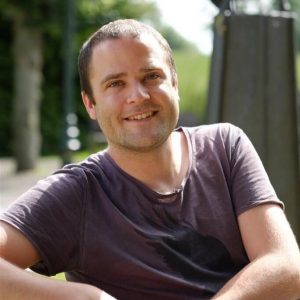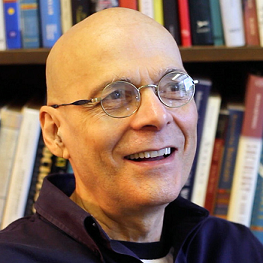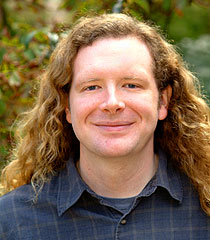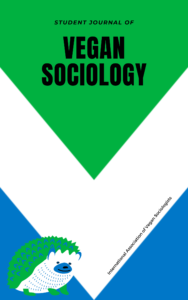
“Sociology is part of the seeing of other animals and, although still somewhat marginal to sociology, that sociological seeing is changing things in sociology. However, it is not just seeing other animals that should be a central component of sociology; the role of sociology in countering the oppression of other animals is also pertinent.”
– Kay Peggs, Animals and Sociology (Palgrave 2012)
Dear colleagues,
We are so pleased to announce the release of our guiding principles. These were designed collaboratively by vegan sociologists the world over. We expect they will be useful for students, researchers, and regional sociological associations.
We are also announcing the launch of our annual student journal. We’re currently seeking student (graduate and advanced undergraduate) volunteers for the editorial board as well as submissions by February of next year. We expect this will provide an important opportunity for service work, networking, and professional training.

